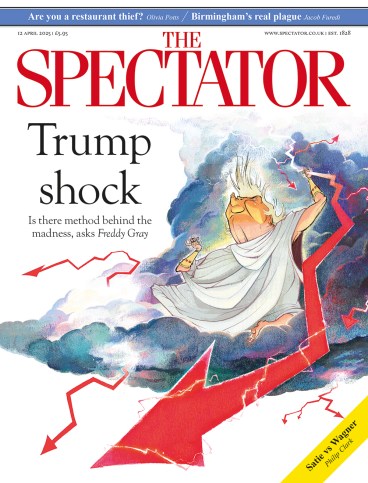
Uberto Pasolini’s The Return stars Ralph Fiennes and Juliette Binoche in a retelling of the last section of Homer’s Odyssey. He is Odysseus and she is Penelope in a stripped-back tale that presents the pair as psychologically plausible human beings rather than characters from Greek myth. Fiennes and Binoche are, of course, spellbinding. I could look at their faces all day. But the narrative is so parched and meditative it’s ultimately enervating and seems as depressed as the hero himself. I ended up longing for a Cyclops or at least a six-headed monster.
Written by John Collee, Edward Bond and also Pasolini, the film throws no Gods or monsters in the mix and makes no mention of them. Instead, it’s a homecoming film that opens with Odysseus washing up on the shores of Ithaca. He’s returned, at last, but he’s naked, battle-scarred, bloodied, although, on the plus side, he is also sensationally ripped. (Fiennes underwent a tough five-month physical regime.) Odysseus had spent a decade fighting the Trojan war; then the journey back took another decade. He is the island’s King but is not the swaggering, mighty warrior he once was. He is broken, a lost soul, tormented that none of his men has survived. And on top of all that, presumably, there’s the jet lag. He can barely lift his head for most of the time.
Meanwhile, Penelope has not been having the best time. The island has gone to pot in Odysseus’s absence and she is now so beset by suitors who wish to marry her and rule that she’s become a prisoner in her own palace.








Comments
Join the debate for just £1 a month
Be part of the conversation with other Spectator readers by getting your first three months for £3.
UNLOCK ACCESS Just £1 a monthAlready a subscriber? Log in